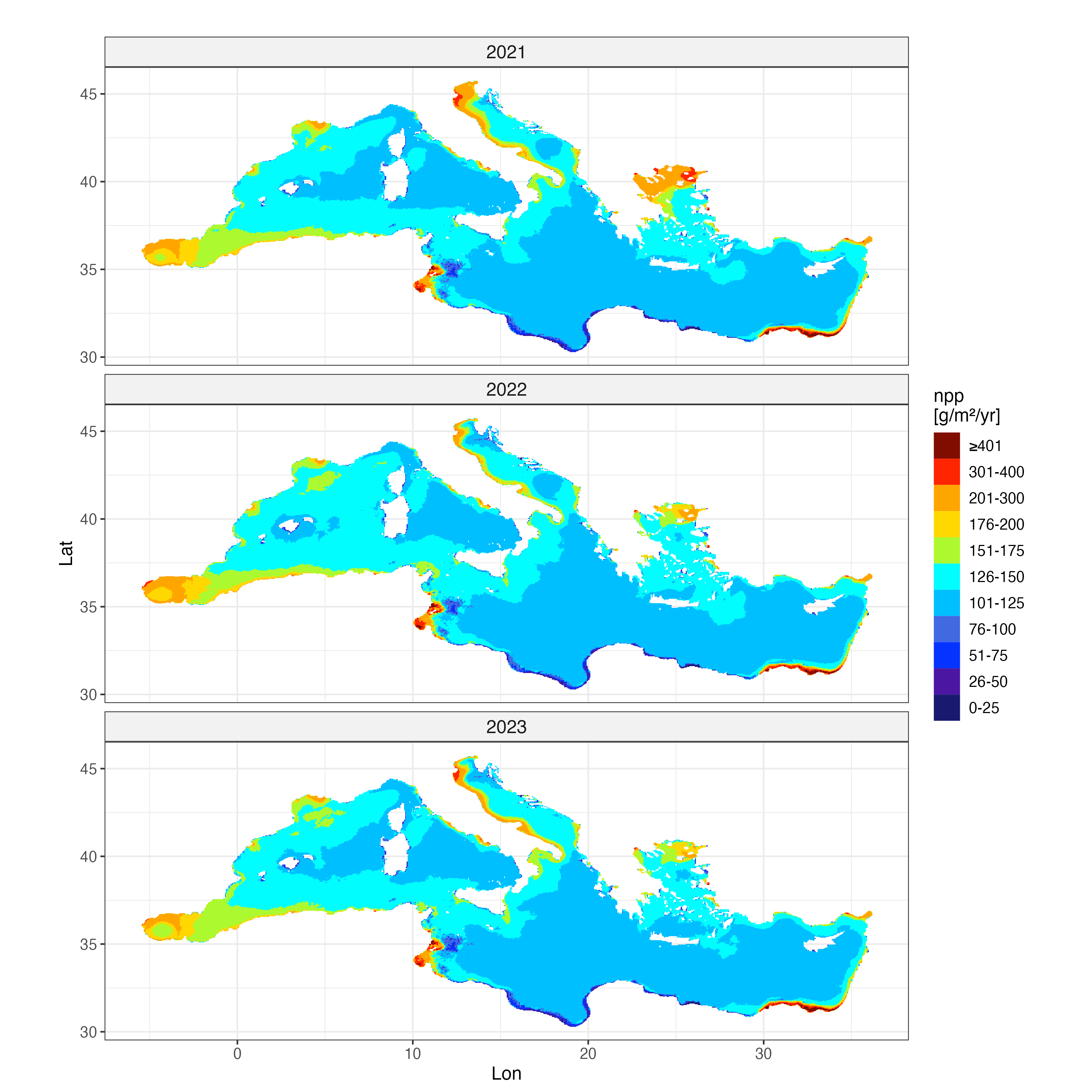Support the Copernicus Med-MFC activities (2025-2028).
Ocean Sciences, Climate
Research area
The Mediterranean Monitoring and Forecasting Center (MED MFC) of the Copernicus Marine Service provides essential ocean state information for the Mediterranean Sea, focusing on physical, biogeochemical, and wave variables. It supports marine policy, Blue Growth, and scientific innovation. The service delivers real-time and delayed-time products, including ocean analysis, forecasts, and reanalyses from 1987 onwards. The system integrates a coupled hydrodynamic-wave model (NEMO-WW3) and the OceanVar assimilation scheme to improve the quality of forecasts and reanalysis. Key system upgrades include enhanced vertical dynamics, wave-current coupling, and river runoff representation, providing crucial data for climate monitoring and ocean variability studies.
Project goals
Within the MED MFC project, I will focus on ensuring the quality of ocean physical and biogeochemical products. My role will involve checking the accuracy, consistency, and reliability of the data produced. I will work closely with the team to evaluate how well the modelling systems perform and make sure the physical and biogeochemical products match up with observed data. This means comparing the data to real measurements like temperature and salinity profiles, sea level anomalies, and other key observations. If any issues are found, I will help find solutions and improve the data. A part of my work will be improving product quality through regular assessments, adding new data sources, and suggesting model improvements. I will also help integrate new observations, enhance data techniques, and ensure the products stay up to date with scientific advances and user needs. In the end, my aim is to support the delivery of high-quality ocean products for climate monitoring and marine policy in the Mediterranean Sea.
Computational approach
As I am at the beginning of my work experience within Terabit, one of the key challenges I will face is mastering the necessary computational skills to effectively handle large-scale ocean data. Since the project involves working with extensive datasets, efficient data processing and analysis are critical. To do this, I will rely on high-performance computing resources, such as the G100 and Leonardo clusters, which are designed to handle the substantial computational load. To make the most of these resources, I will need to continuously develop my skills in Linux-based systems and improve my programming abilities, especially in languages like Python. These skills will be essential to navigate the technological challenges of ensuring data quality and managing complex models. Additionally, I I guess I will need to address the challenge of optimising computational performance when working with large observational datasets. I will have to develop a deep understanding of the computational infrastructure and a proactive approach to troubleshooting and optimisation. My role will involve making sure that our products are generated efficiently, accurately, and in a way that can support the demands of real-time forecasting and long-term climate monitoring.
Annual mean net primary production (g/m²/yr) from OC TAC data (cmems_obs-oc_med_bgc-pp_my_l4-multi-4km_P1M). This figure is a draft, part of an initial qualitative comparison of OC TAC data with modelled and satellite data of net primary production (NPP). The comparison aims to provide insights into the agreement and discrepancies between different estimates of NPP across the Mediterranean Sea.
Francesco D'Adamo
Istituto Nazionale di Oceanografia e di Geofisica Sperimentale
I am an environmental scientist specializing in forest ecology, climate resilience, and ecosystem services. My experience includes research on forest dynamics, biodiversity, and the impacts of climate change, using data analysis, spatial modeling, and statistical approaches. I have worked with large datasets and multidisciplinary teams, contributing to international research projects. My background also includes fieldwork, scientific communication, and collaboration with stakeholders to support evidence-based environmental policies. Passionate about sustainable management, I combine analytical skills with a broad ecological perspective to address complex environmental challenges.










